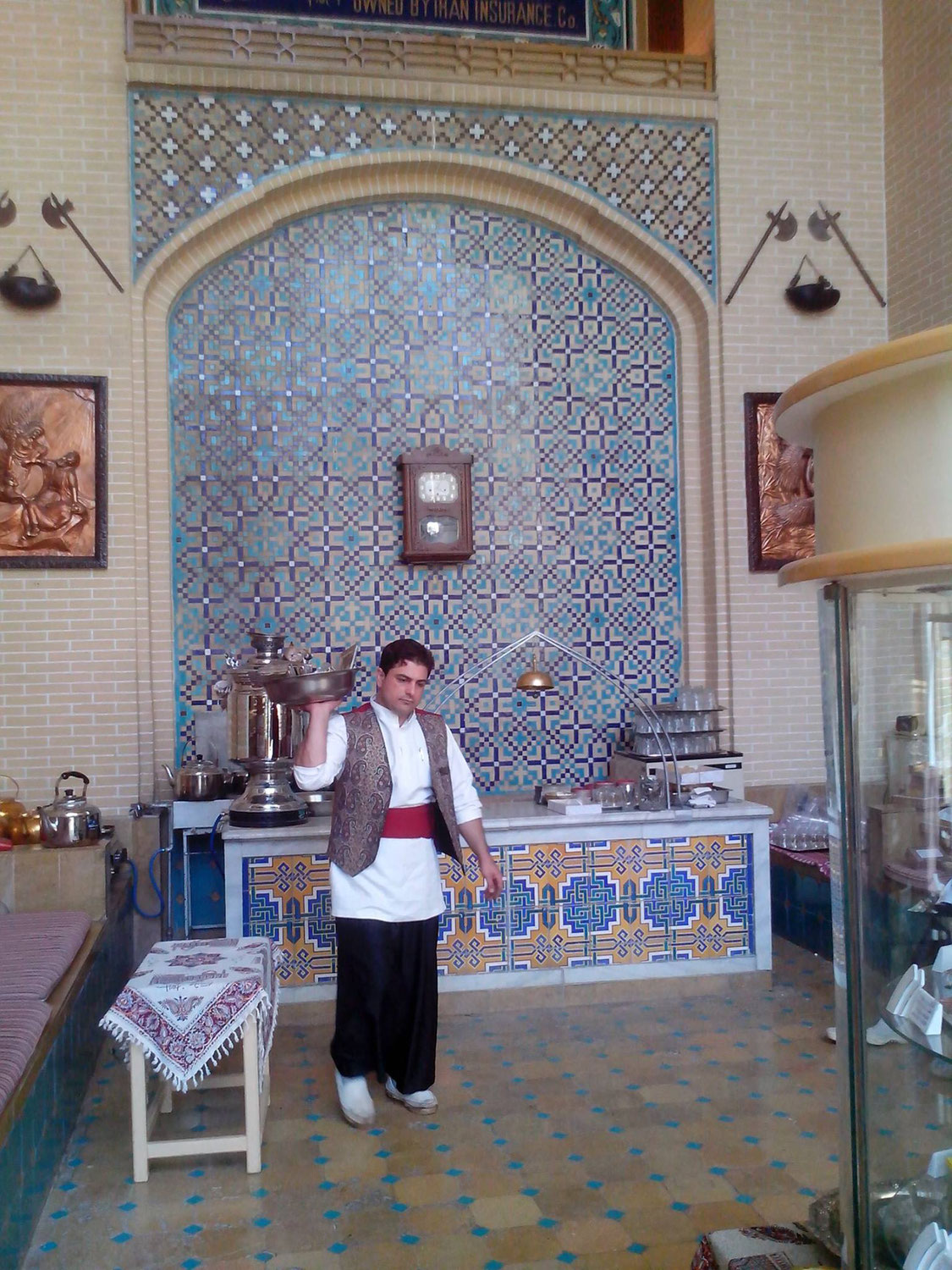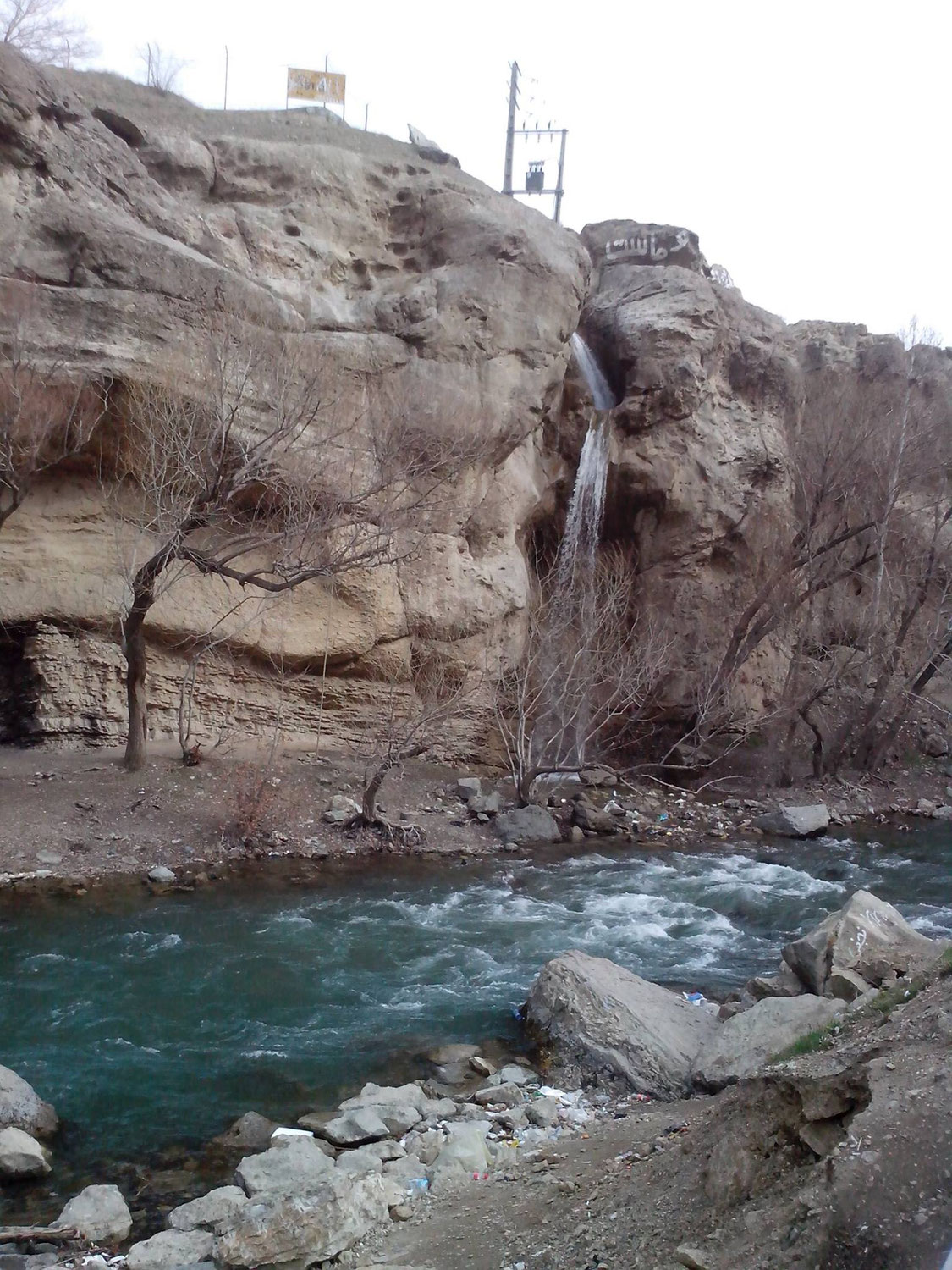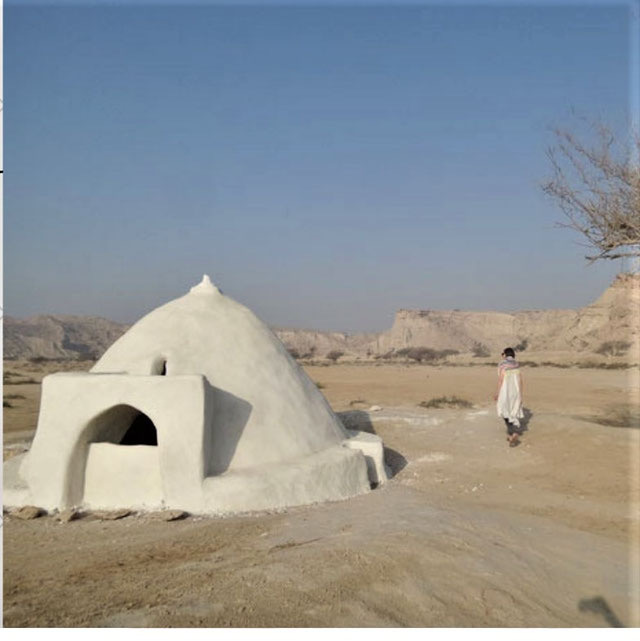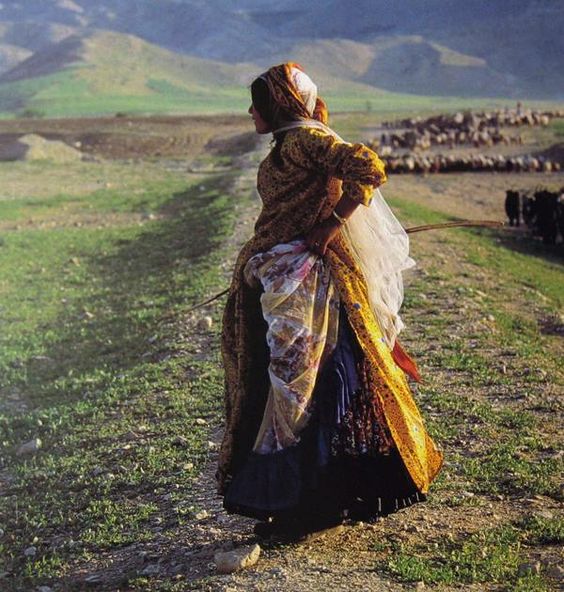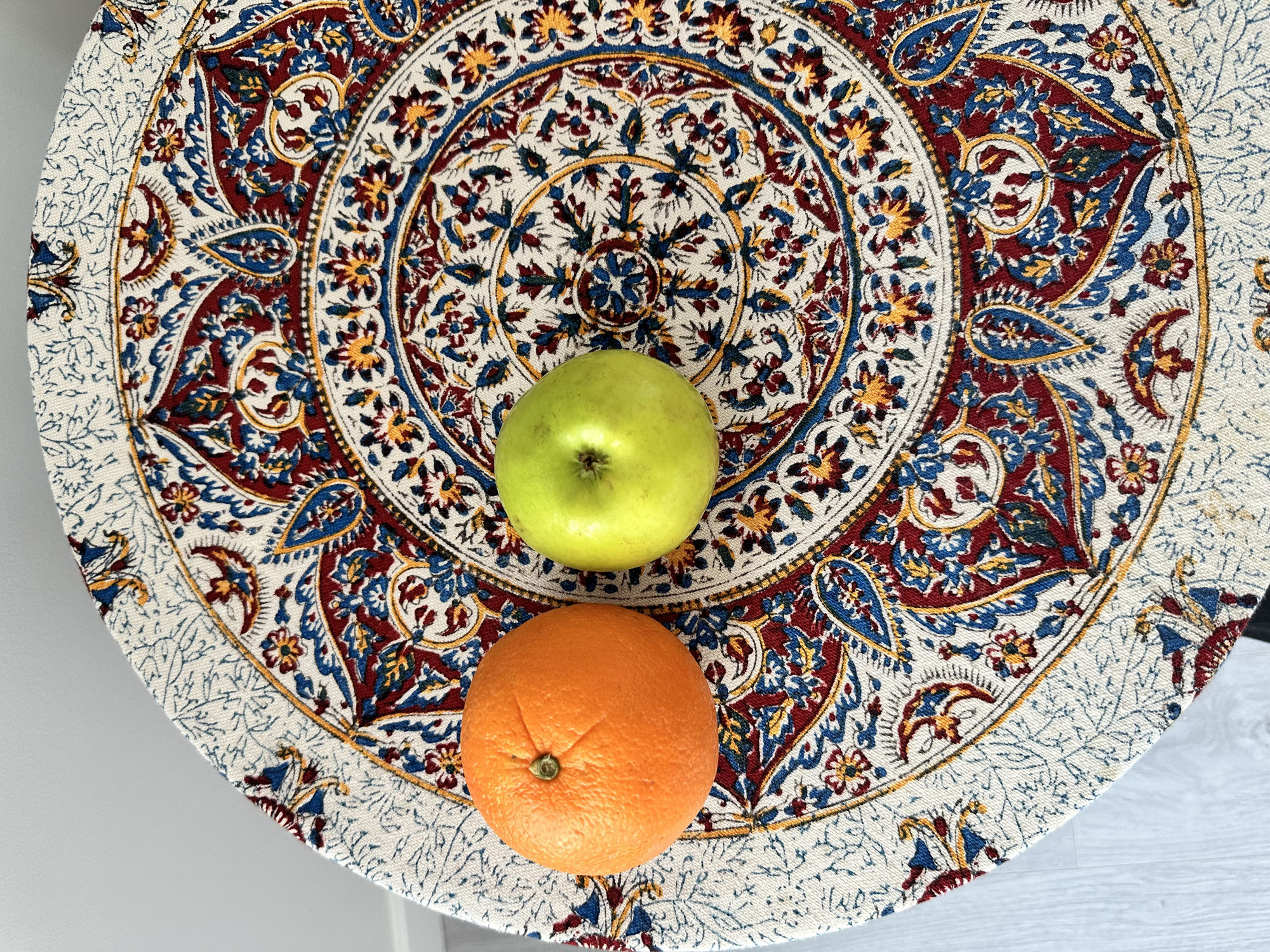KOLO · 12. October 2025
A drop leaves its native earth —
and again returns to the oyster
that awaits its pearl...
Jalaluddin Rumi
28. May 2025
The headscarf was bothering me and this is really ruined my mood. I was tying the ends of the scarf at the top of my head in a new style, but my husband's sharp remark immediately cut through my efforts. His concern was for my appearance, for avoiding the scrutiny of the morality police. A sense of suffocation grew within me, each harsh word of his making the lack of freedom even more palpable.
KOLO · 20. May 2025
We began to travelling through Iran — and that’s when I felt the strong desire to write. First and foremost, for my friends who had predicted a grim fate for me: suffering under a scorching sun, always wrapped in a chador, tucked away in some harem. I wanted them to know I was more than fine. I also wanted to share the extraordinary blend of antiquity and modernity I was experiencing — a vibrant garden of cultures, rich in tradition, cuisine, and nature.
09. April 2025
Opening the curtains, I let the sunlight of a new day fill the room and, tiptoeing past my mother-in-law's room, hurried to the kitchen to have some coffee. We decided to have breakfast outdoors.
03. April 2025
I sat at the table, smiling politely, while everyone else chatted animatedly. In front of me was a plate, accompanied by a fork and a spoon. A spoon instead of a knife? The thought flitted through my mind. Resolving to use only the fork, I unwittingly drew even more attention to myself. The food, for its part, refused to reveal any of its flavours and seemed to halt halfway down to my stomach. The day stretched on endlessly, and I silently wondered if it would ever come to an end.
01. April 2025
In Iran, it’s common to see a photo of the founder of a family business displayed on the wall of a restaurant or private shop. The older the business, the more prestigious it is considered. For the children or grandchildren, continuing the work of such a highly respected family breadwinner becomes a significant responsibility.
Typically, portraits of men proudly dominate such photographs. But once, in an old Tehran photo studio, a young girl was gazed at me from a black-and-white image.
KOLO · 30. April 2024
I was cooking on the kitchen and repeating for yourself that the main thing is to cook with love - then it turns out tastier and the process itself becomes enjoyable. But the protesting inner voice kept trying to convince of something else - you are stuck in everyday life and you are losing the most interesting moments of life! My thoughts were interrupted by a husband's phone call. His friends from Tehran decided to abandon life in the capital and moved to live on the island of Qeshm.
HURMA · 27. December 2023
Bakhtiari have roamed the lands of Persia for thousands of years and are an integral part of its history. They trace their lineage directly from Cyrus the Great. There is another version that they are descendants of the Iranian epic hero Fereydun.
multicultural · 17. March 2023
Isfahan from ancient time is a major center of traditional crafts in Persia. Isfahan's handicrafts include textiles, carpets, woodwork, metalwork, ceramics, painting, and various types of inlay work. The work is done in a variety of settings, including small industrial and bazaar workshops, the homes of artisans and women, and rural handicrafts.
1 Applies to shipping within Canada. Information about shipping policies for other countries can be found here: Payment and Delivery Information


